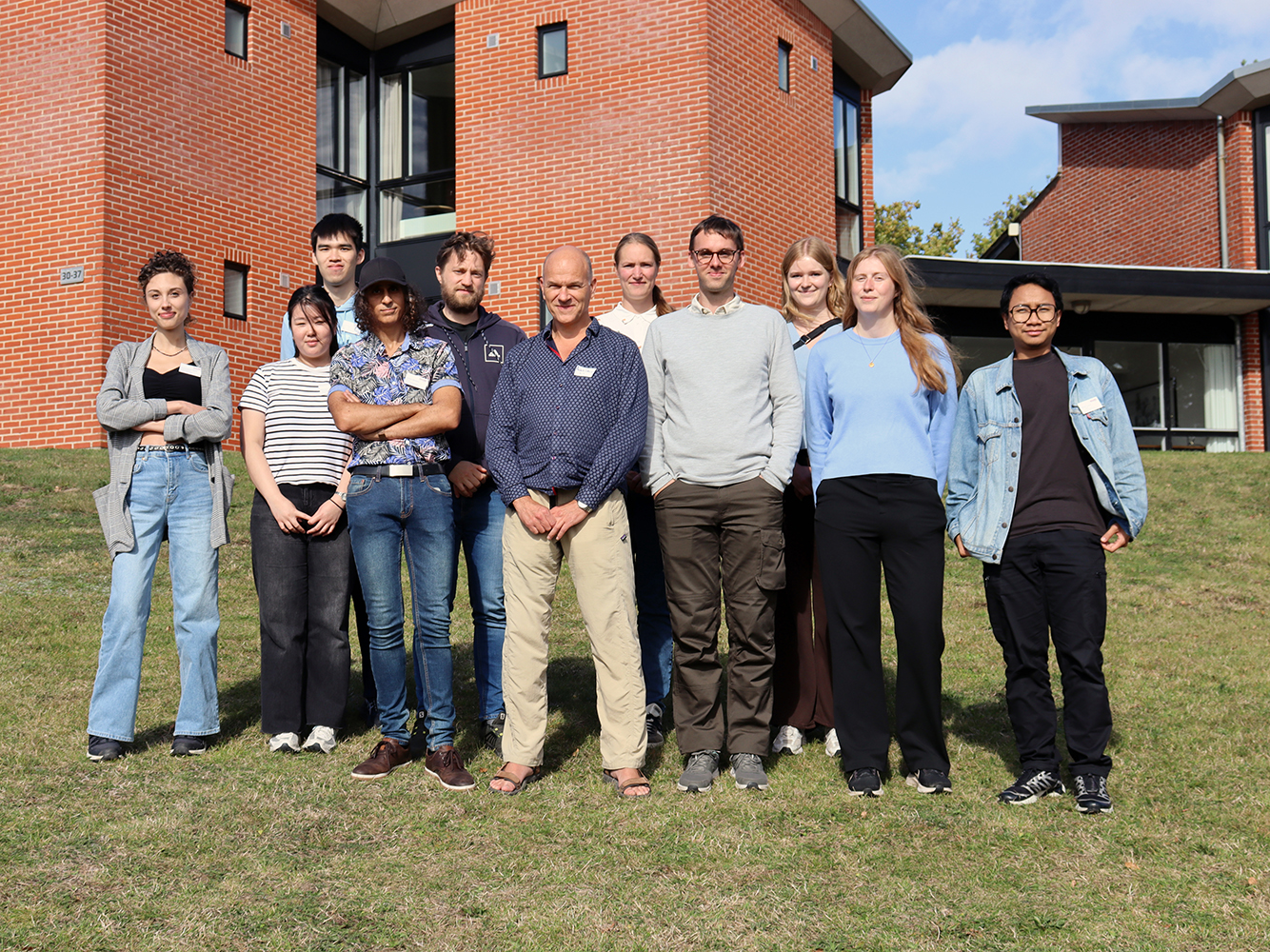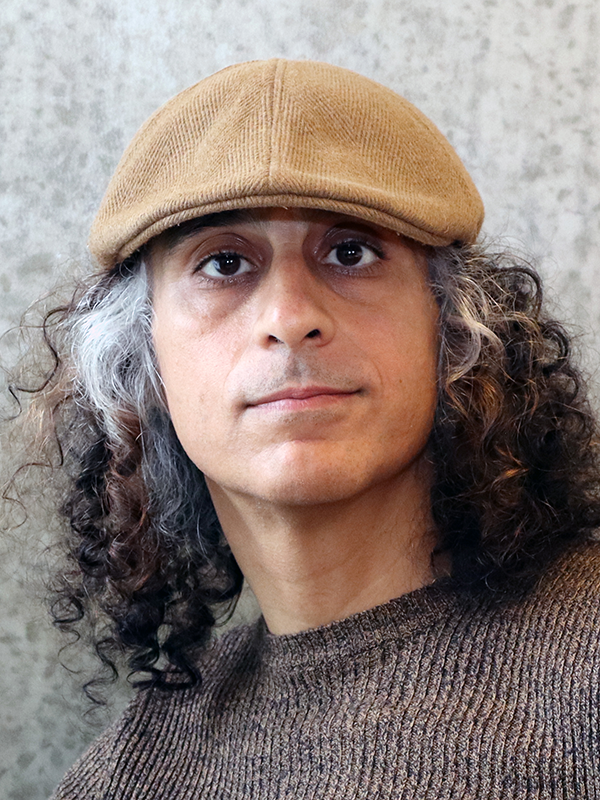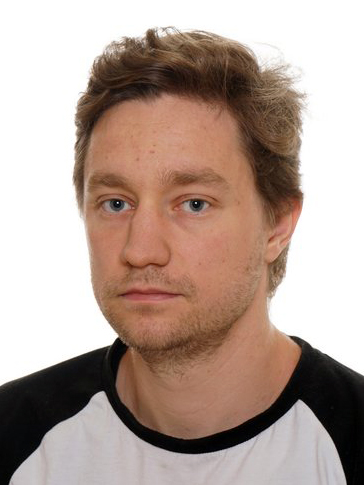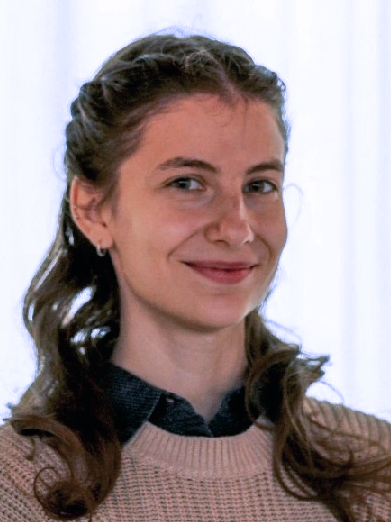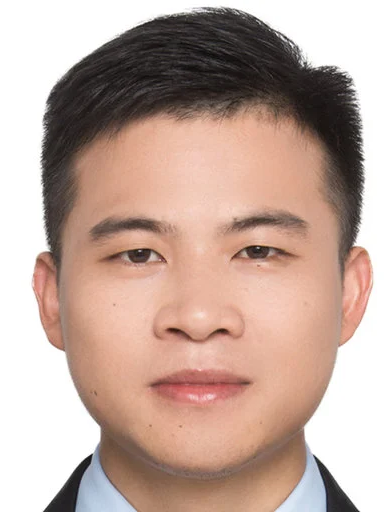Prof. Jakob Skou Pedersen’s group has a dual focus on cancer evolution and gene regulation.
Research projects include statistical method development and Big Data analysis with both basic science and clinical application aims.
Jakob has a background in molecular evolution, comparative genomics, ancient DNA, and analysis of non-coding RNAs from Aarhus University (MSc and PhD), University of Oxford (scientific visit for a year), University of California, Santa Cruz (UCSC; post doc. for three years), and University of Copenhagen (Ass. Prof. for three years).
Prof. Jakob Skou Pedersen at Google Scholar
CANCER EVOLUTION
We seek to understand and quantify the evolutionary process that underlies cancer development and treatment resistance. Our interests include both the mutational processes, the role of selection, and the overall space and time dynamics of the process.
Our work is both based on data sets generated locally at MOMA and on large public cancer genomics data sets, such as those from the Pan-Cancer Analysis of Whole Cancer Genomes (PCAWG) and the Hartwig Medical Foundation (HMF). We have been heavily involved in PCAWG consortium, were Jakob co-headed the driver discovery working group.

Mutational Processes
The mutational process varies between cancer types, cancer patients, over time, and along the genome. We aim to characterize and understand this variation using custom-tailored statistical models and inference. As part of this, we have developed a site-specific predictive model for the mutation rate along the genome and across patients.
Repair Pathways
We also seek to characterize the effect of individual repair deficiencies on the mutational landscape. We aim to further characterise the function of individual repair pathways and their region and mutation type specificities. We also evaluate the clinical applicability of the discovered associations.
Circulating Tumor DNA (ctDNA)
Solid tumors shed DNA into the plasma of the bloodstream in the form of circulating tumor DNA (ctDNA). Blood samples may thereby allow non-invasive detection of cancer as well as characterization of tumor genetics, with a range of potential applications for both clinical care and basic science.
In collaboration with the clinical-translational groups at MOMA, we develop and apply statistical methods for ctDNA analysis. This includes methods for calling mutations and detecting cancer presence using both ddPCR and NGS data. We are also exploring how ctDNA can facilitate studies of cancer evolution.

Gene regulation
We seek understand the mechanisms of gene regulation and how they are perturbed in cancer. Post-transcriptional gene regulation and the role of non-coding RNA has our particular focus. This research is increasingly focused on single cell analysis.
Circular RNAs
We have several projects on circular RNAs. We are both interested in their biology, their perturbation in cancer, and their potential as biomarkers of outcome. Circular RNAs are known to sponge miRNAs. We are also interested in their ability to sponge RNA binding proteins and thereby affect gene regulation.
We also have projects on stable intronic lariats and their potential regulatory functions.

Associated Motifs and Single Celle Analysis
We have developed statistical methods for identifying motifs that associate with changes in gene expression (Regmex package). They can be applied to data from both perturbation experiments and cancer samples. We use these methods to identify motifs and corresponding non-coding RNAs or RNA-binding proteins that appear to regulate gene expression (or rather transcript abundance) post-transcriptionally. We also apply these methods to study gene regulation and miRNA expression at the single cell level (e.g., miReact).
Non-coding Mutations
In cancer, non-coding mutations may affect gene expression by perturbing chromatin structure; binding of transcription factor at enhancers and promoters; mRNA splicing and maturation; or post-transcriptional regulation of transcripts. Through integration and statistical analysis of same-sample data on mutation calls and gene expression, we seek to pinpoint mutations with strong driver potential and contribute to our understanding of gene regulation and cancer development.
Software
miReact – miRNA reactivities inferred from single cell RNAseq expression data (https://github.com/muhligs/miReact)
Regmex – Regmex is a package for evaluation of motif rank correlation in a list of ranked DNA or RNA sequences (https://github.com/muhligs/regmex)
DREAMS – Deep Read-level Error Model for Sequencing data. Includes modules for ctDNA variant calling and cancer detection (https://github.com/JakobSkouPedersenLab/dreams)
CASTLE – R package for Circulating Tumor DNA Detection by Droplet Digital PCR (https://simondrue.github.io/castle/)
Group leader

.png)

